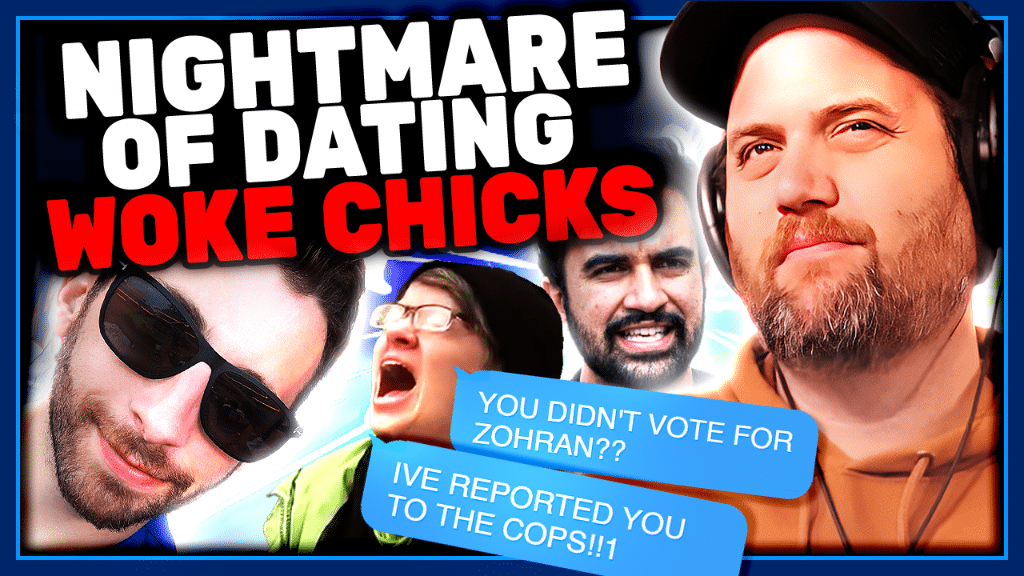A broad swath of the anti-vaccine universe celebrated Thursday, when Joe Rogan, the biggest podcaster in the country, hosted a three-hour conversation with Robert F. Kennedy Jr., the anti-vax luminary turned presidential candidate. The conversation was an orgy of unchecked vaccine misinformation, some conspiracy-mongering about 5G technology and wifi, and, of course, Rogan once again praising ivermectin, an ineffective faux COVID treatment. As RFK began his campaign by downplaying his anti-vaccine activism, the conversation represented a bit of a return to form. But the episode also conclusively demonstrates that Spotify, the platform that reportedly paid more than $200 million to host Rogan’s show, has completely given up on addressing his relentless torrent of medical misinformation, except in the most pallid and surface-level ways.
The show began with Rogan monologuing effusively about how he changed his mind on Kennedy, saying he’d gone from thinking the latter was “a fringey-thinking conspiracy-type person” to agreeing with Kennedy’s stance on vaccines during the pandemic.
“I was like, ‘Is this possible that this is the guy that’s telling the truth?’” Rogan asked, rhetorically.
What followed was a detailed survey of Kennedy’s most dangerously incorrect views, a far too extensive list to outline in full, all of which Rogan accepted uncritically, his mouth quite often literally agape in awe. (There was also a casual aside near the end in which Kennedy, who believes his uncle, JFK, and his father were both assassinated by the CIA, suggested that he himself may be targeted by the organization. He told Rogan he takes “precautions” against the CIA, although it’s unclear what those might be.)
They included innumerable talking points that have already been debunked: at one point, for instance, Kennedy falsely suggested that vaccines cause autism, which has been repeatedly and roundly disproven, with Rogan interjecting supportively.
Kennedy also trotted out one of his favorite talking points, that vaccines contain a dangerous form of mercury—something he says a lot. As ever, he conflated ethylmercury, which is not considered hazardous to human health, and methylmercury, which is considered dangerous in even small doses. (Kennedy, in this instance, did acknowledge that there are two different kinds of mercury, but insisted there’s no real difference between them, that ethylmercury lodged in the brains of monkeys in a lab test, and that anyone who might say there is a difference between the two kinds of mercury is a pharma shill.) In reality, methylmercury is much more commonly encountered in the environment, for instance when eating fish or shellfish, whereas ethylmercury primarily appears in thimerosal, a preservative that has been used in some childhood vaccines. But thimerosal was removed from most childhood vaccines by 2001, and has, in any case, never been found to cause autism or any other negative health effect. Kennedy insisted that vaccines may still somehow cause autism, perhaps through aluminum—which is used as an adjuvant in vaccines and in countless other foods and cosmetic and medical products—or in some other way he could not precisely identify.













